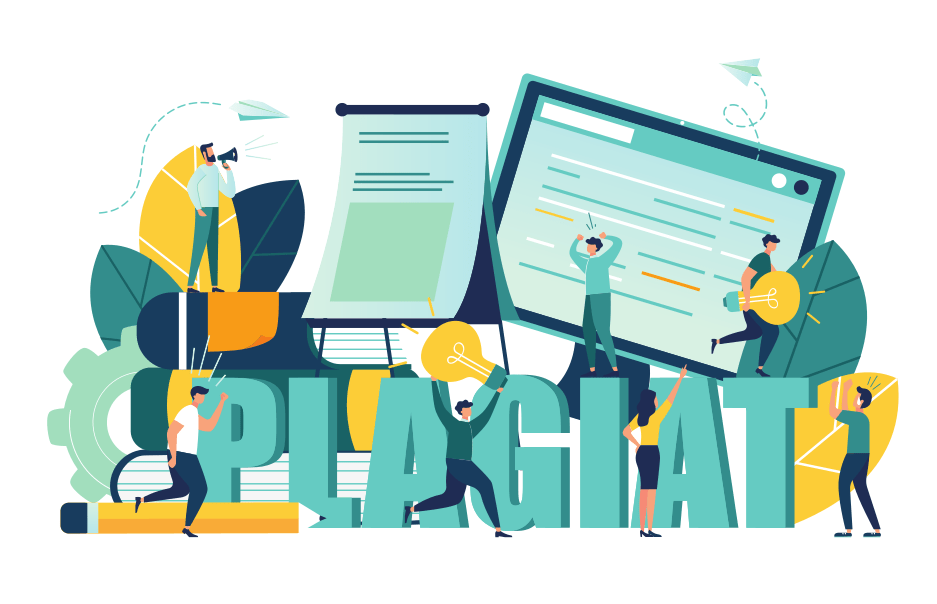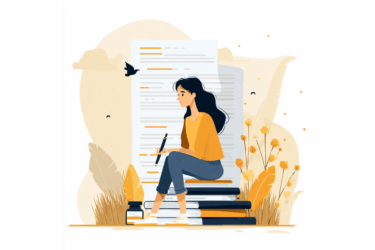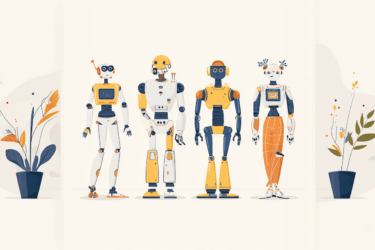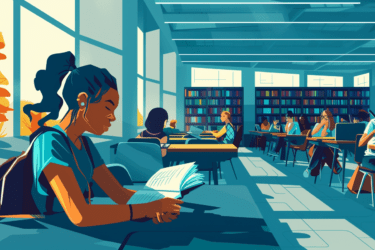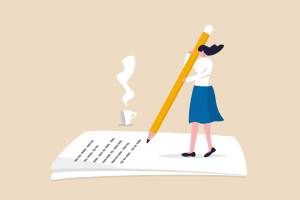If education can become a cure for the problems of modern society, we need really good doctors. It means we should address the reasons for possible concerns and misbehavior rather than deal with the misdoings themselves, just like good medics would treat the reasons for patients’ suffering rather than get rid of the symptoms only.
So, when the Chat GPT plagiarism checker or similarity detector once again shows that the student has cheated on the assignment, aside from pressing charges, we can think of ways to address the bigger issue, “Why do people plagiarize?”
Why people plagiarize & how to prevent plagiarism
Let’s put aside the situation when the person plagiarizes intentionally, fully realizing the severity of this offense and still aiming to break all the academic and ethical rules. While such cases do happen, writers’ plagiarism often comes from a lack of awareness, confidence, and skills.
Lack of awareness
Students may plagiarize because they simply see nothing wrong with it or are not fully aware of the definition of plagiarism. They may think something like, “Okay, I don’t fully copy someone’s work; I just take some extracts here and there,” or they refer to one tiny piece without realizing that it requires accurate citation.
Solution: Some institutions provide Writing Ethics courses, and it sounds like a relevant idea that can elevate students’ awareness of academic integrity and also help them acquire much-needed ethical guidelines for future work.
Even without a dedicated course, the instructors can allocate some time to explaining the essence and the types of plagiarism, teaching to cite sources, educating on the importance of originality, and advising on some strategies for crafting an authentic paper.
Lack of confidence
Sometimes, people just don’t feel free to speak their truth and prefer to hide behind the respectful enough-to-be-published and editor-approved works.
Solution: As the teacher is hardly a psychotherapist fully authorized to address the self-expression issues, there are some tools that can help promote independent thinking and encourage creativity. It may be crucial for the students to feel genuine interest and respect towards their opinion, as well as get clear instructions that their task is to reflect on the issue/do original research/share their perspective rather than retell the material.
Lack of time
When the deadlines are pressing, students may reckon the only way to complete the paper is to copy someone’s assignment or compile their work from other papers. This reason is no justification for academic cheating; however, it can indicate the need to pinpoint the type of task, help to break the work into steps with halfway deadlines, and talk about proper time management.
Solution: Ensure you give enough time for the creative assignments that need research and reflection. Ensure as well that the students estimate the time the task will require from them, emphasizing the importance of preparation instead of procrastinating till the deadline night. You can also suggest a plan dividing the project into steps with a deadline for each of them.
Lack of skills
Some students and writers realize all the drastic repercussions of plagiarism but just do not know how to avoid it, especially when it comes to evidence-based and source-grounded tasks.
Solution: Educating students on how to work with the sources and paraphrase properly, combined with lots of practice, may help them master the art of creating their writing and finding their authentic voice. Tools like Citation Generator and Grammar Checker can be significant support on the way, allowing students to progress and learn while they write.
Lack of experience with AI
As AI tools are relatively new, and even educators are still figuring out their way around Chat GPT and similar bots, it is no wonder that students may misuse the technology. It goes without saying that AI-generated assignments can’t be considered honest and authentic, but also they are often plagiarized! AI doesn’t create original content, and the reason for so many matches with online resources may be the text wasn’t even written by the student.
Solution: Adopting clear guidelines regarding the allowance of AI technologies in class can be an essential step. That being said, a strict ban on AI tools doesn’t seem to be a perspective idea, as students need to learn to adopt and implement these instruments ethically. Instead, some tips and tricks on using AI to enhance learning and writing without stepping aside academic integrity may be profoundly helpful.
Lack of tools
Even knowing all the plagiarism pitfalls, students sometimes feel underequipped to deal with them appropriately. When composing an original paper, the writer may still face unintentional plagiarism, failing to deliver the desired result, and getting poor grades without the intention to cheat. To withstand such challenges, students need to get tools they can rely on to check their writing before submission.
Solution: Plagiarism and AI checking tools not only save the teachers time and effort. They can also help students to feel more confident. By checking the work before submitting it, they can learn from their mistakes, edit the writing, and perfect their skills even before the instructor gives feedback.
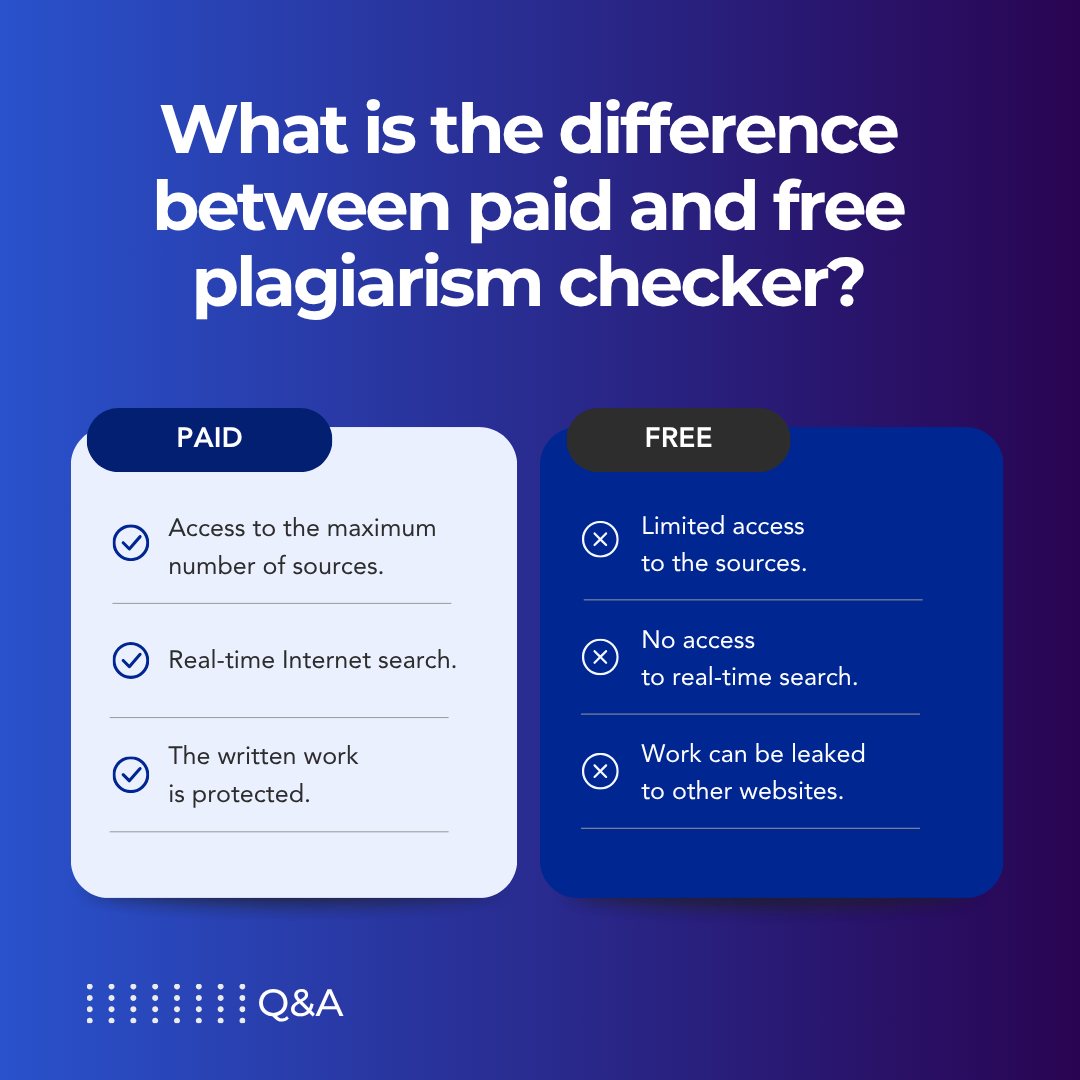
PlagiarismCheck.org advocates honest communication between teachers and students. With our tools, educators can check plagiarism and AI writing, motivating students to develop original thinking. At the same time, the learners boost their skills and improve their writing with every assignment. Join us for free now!
